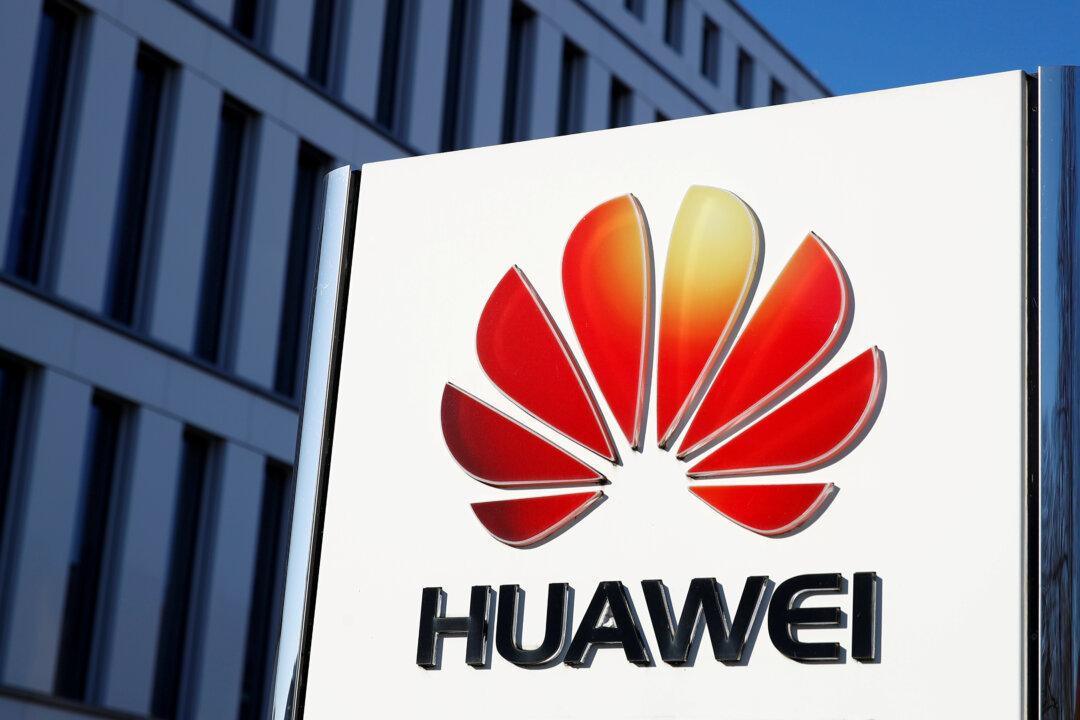BARCELONA—European governments are listening to the U.S. message that China’s Huawei exposes telecoms networks to security risks, a senior U.S. cyber official said on Feb. 26.
The State Department official was part of a U.S. delegation in Barcelona seeking to persuade governments and telecoms operators at the Mobile World Congress, the world’s biggest wireless fair, to follow the U.S. lead in shunning Huawei equipment.





